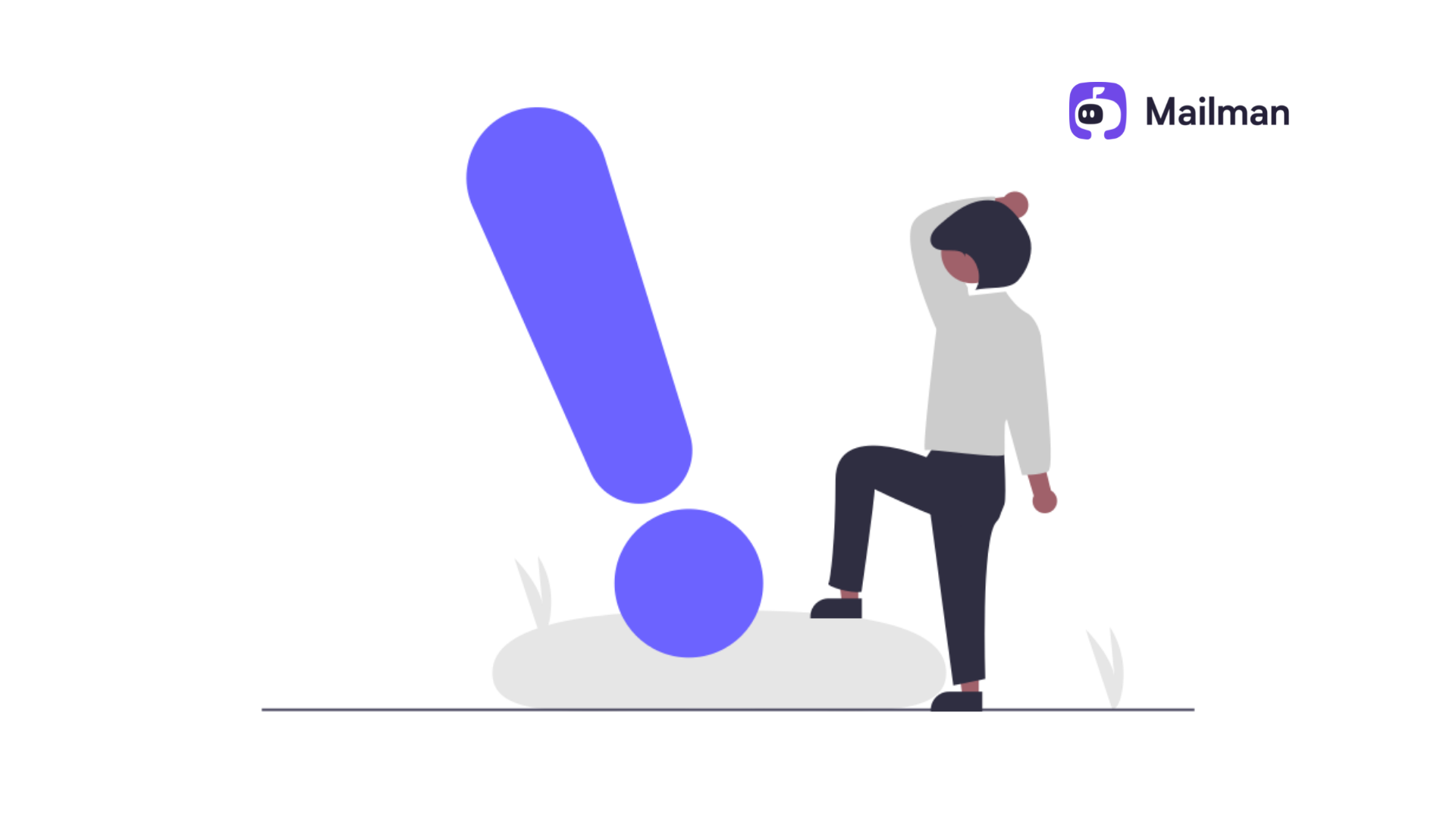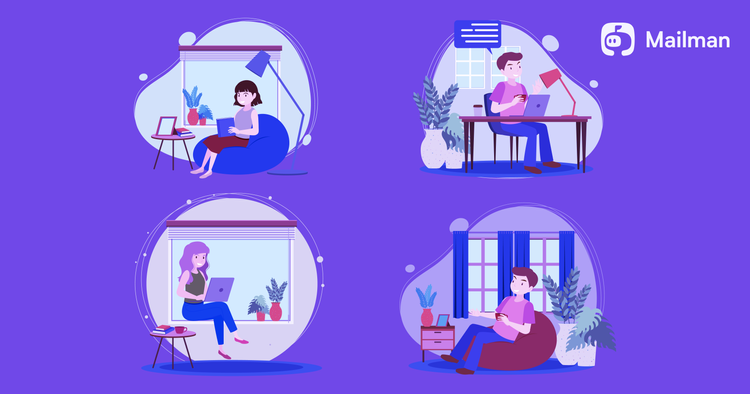How to say 'No' to boost your productivity?

Saying "yes" to everything will keep your work unfinished. Saying "yes" to everything also means you'll miss working on important tasks. And if you want to work on great things, you should get rid of trivial tasks. You know that.
You also know saying "no" will get you more things done. You'll work on things you care about. You'll enjoy your work.
But, if the benefits of saying no are clear, then why do we avoid it?
Why do we say 'yes' so often?
It's important to first understand why we say "yes." This will help us understand the root cause better. It will then be easy to say "no."
People say "yes" to things they don't want to do because of fear.
a) Fear of uncertainty - what the person will think if I say no?
b) Fear of sounding rude.
c) Fear of looking selfish.
d) Fear of being seen as "not a team player."
This fear causes guilt. And even if you want to say "no," the fear triumphs over you. You then say "yes"
So the first step is to get rid of this fear. You've to understand your time and energy are limited. If you keep saying “yes” to everything that comes your way, understand that you’re saying “no’ to your progress.
Plus, if you say a health-hearted “yes” to please people, that will show in the work you agreed to do for them. The work will be mediocre. So either way, you’ll displease them.
It doesn't stop here.
James Altucher, in his book The Power Of No, says, “When you say yes to something you don’t want to do, here is the result: you hate what you are doing, you resent the person who asked you, and you hurt yourself.”
This negative energy will spill over your work. You will lose the momentum to complete your task.
What’s the use of saying a forceful “yes,” if it’s damaging to both of you?
Saying “no” might annoy the other person in the short run. But, they will appreciate your honesty in the long run. You’ll work harder on things you like because of positive energy. That brings us to….
How to say “No”?

First, a reminder: Reframe how you think about "No"
a) Saying "no" to something is simply saying "yes" to other things. It keeps you on track with your work progress.
b) You don't say "no" to a person. You say "no" to that person's task. So don't feel guilty about it.
c) Saying "no" to things will help you to fulfill your work commitments and check on your priorities. You'll focus on the tasks at hand. You'll be conscious of how you're spending your time and energy. Which you should as both are finite to you.
So, there's nothing bad about saying "no." Here's how to do it:
Don't give an impulse answer
Many people say "yes" without thinking about the consequences. You have an option to say "no." But, you should first assess the person's ask.
Think about what you're currently doing. Ask yourself, "Can I postpone it to agree to the person's request without affecting my work?"
Don't say "yes" just to please the person. As Derek Sivers writes, if it isn't a "Hell Yeah!" then say no. You shouldn't have a second thought about it.
Be straightforward

Don't postpone your response. This will waste both of your time. If you don't have the time and resources to help, be honest and upfront about it.
Don't sugarcoat and fake your reasoning. Tell the person why you're saying no. Explain your priorities. You don't have to go into the full details of your work at hand. A simple "no" with 2-3 lines of explanation is enough.
Example: Don't say, "I have to complete the project before tomorrow. If I don't do it, the manager would be annoyed. Plus, there are other small kinds of stuff that I have to do."
Instead, say, "I have an urgent task I have to submit tomorrow. So, I won't be able to help you."
Be both polite and confident
You should say "no," but not at the cost of the relationship with the person. Make sure you aren't rude and harsh. Respect that the person came to you for help.
Your body language should be neutral. Your facial expressions shouldn't show disinterest.
But, at the same time, don't try to be too nice. It's tempting to soften your response to look better. Don't. This gives false hope to people that you'll say "yes" if they keep trying. Be clear about your stance.
Prepare yourself for a negative response
No one likes to hear "no." People feel frustrated about the rejection. Their initial reactions may seem unfair to you. Avoid judging them for this.
But, this shouldn't let you change your stance. Because the other person might think if you were going to say “yes” at the end, then why was your initial response “no.” This will give birth to mistrust between both of you.
You can't please everyone. And that's OK.
If you can, provide an alternative. Such as connecting the person to someone you know (if that helps). But, that shouldn’t be a reason to not say “no.”
The ultimate productivity hack is saying ‘no’
Saying no is difficult. But, it isn’t as difficult to stray from your work. Don’t waste your effort doing things that don’t matter. That begins with saying no- use the above tips to get started.





